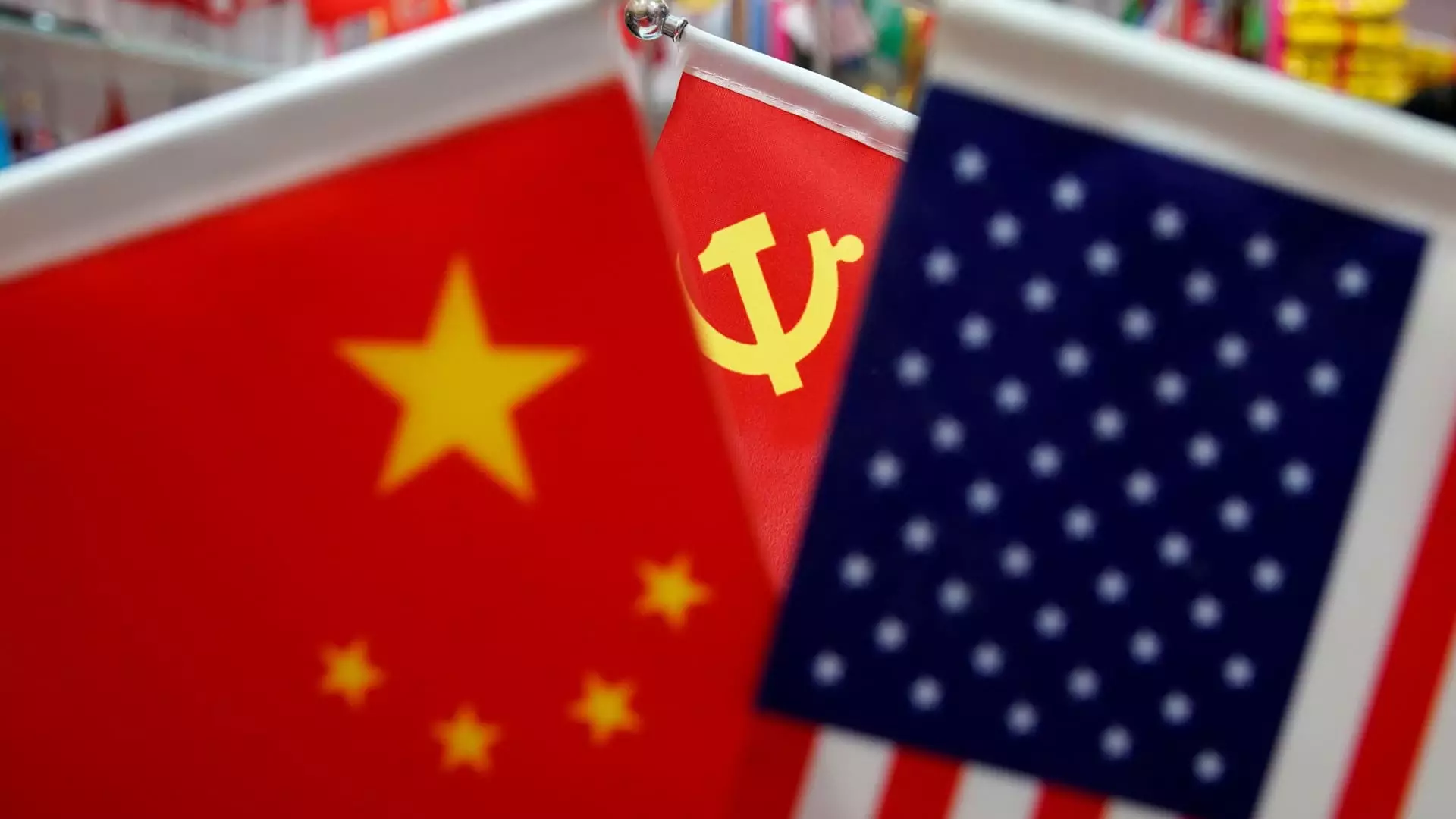In the wake of Donald Trump’s anticipated inauguration, China has reiterated its commitment to fostering cooperation with the United States. This positions the relationship between the two nations at a critical juncture. He Yongqian, spokesperson for China’s Ministry of Commerce, emphasized the importance of mutual respect and win-win outcomes in economic relations. This suggests an awareness in Beijing of the delicate negotiations that lie ahead, especially given the U.S. political climate. As new leadership takes shape in Washington, Beijing is keen to avoid estrangement, advocating for dialogues that could mitigate the tensions that have characterized the recent past.
The optics of this cooperation are acute. With the threat of higher tariffs and increased U.S. restrictions on Chinese technology looming over the horizon, the Chinese government is signaling that it seeks to engage rather than confront. A stable relationship is framed as beneficial not only for America and China but for the global economy as a whole. Such statements may also serve a dual purpose by appealing to domestic audiences while projecting an image of strength and willingness to accommodate global economic interdependence.
Various analysts scrutinize the prospective policies of the Trump administration, particularly concerning tariffs. Trump has indicated intentions to utilize tariffs aggressively, and some experts speculate that he might capitalize on existing powers to impose substantial import duties early in his second term. The mention of the International Emergency Economic Powers Act and other legislative measures underscores a potential readiness to take swift action against perceived imbalances in trade or finance.
However, this perspective is not universally shared. Some economists argue that Trump’s more extreme tariff intentions epitomize a worst-case scenario. They posit that the administration is likely to seek negotiated concessions rather than risk damaging economic repercussions that may arise from widespread tariffs. The equilibrium between achieving strategic goals and maintaining economic stability appears to be a cornerstone of this discourse, indicating an evolving tactical approach from multiple stakeholders involved in the dialogue.
Global market sentiment remains shaky in the face of these uncertainties. Analysts are concerned that sweeping tariff policies could undermine demand not just in China but across the Asia-Pacific region. The interdependence of global economies means that even modest tariff hikes could result in disproportional impacts throughout the supply chain, affecting multinational corporations’ confidence and investment outlooks.
The potential for a 10% tariff on all Chinese exports to the U.S. poses a scenario that merits careful consideration, especially regarding its ripple effects on the economy worldwide. Proposals for tariffs on such a scale necessitate comprehensive assessments, as they could stifle growth in both nations and reverberate through international markets.
The strategic chessboard between China and the U.S. continues to evolve, necessitating finesse and an understanding of mutual interests. The emphasis from both parties on cooperation serves as a reminder that, despite growing tensions, diplomatic engagement remains crucial. As the new administration braces to face complex challenges, the need for balanced dialogue and pragmatic solutions becomes ever more pressing. The future of U.S.-China relations rests on the ability of both nations to navigate this intricate landscape while promoting stability and shared prosperity.

